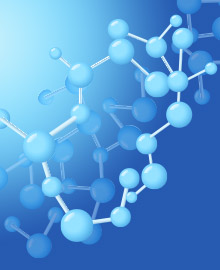Amino Acids and Derivatives
Amino acids are the basic units of proteins, which are linked by peptide bonds to form polypeptide chains that fold into proteins with specific functions. There are 20 common standard amino acids in nature, primarily distinguished by their side chains (R-groups). These differences give amino acids different physicochemical properties, such as polarity, charge, hydrophobicity, and volume. Besides serving as raw materials for protein synthesis, certain amino acids also participate in other important physiological processes in the body, such as acting as neurotransmitters or their precursors. Additionally, derivatives of amino acids are widely found in nature, including but not limited to vitamins, hormones, antibiotics, and secondary metabolites, which play crucial roles in signal transduction, energy metabolism, and other aspects within organisms.





